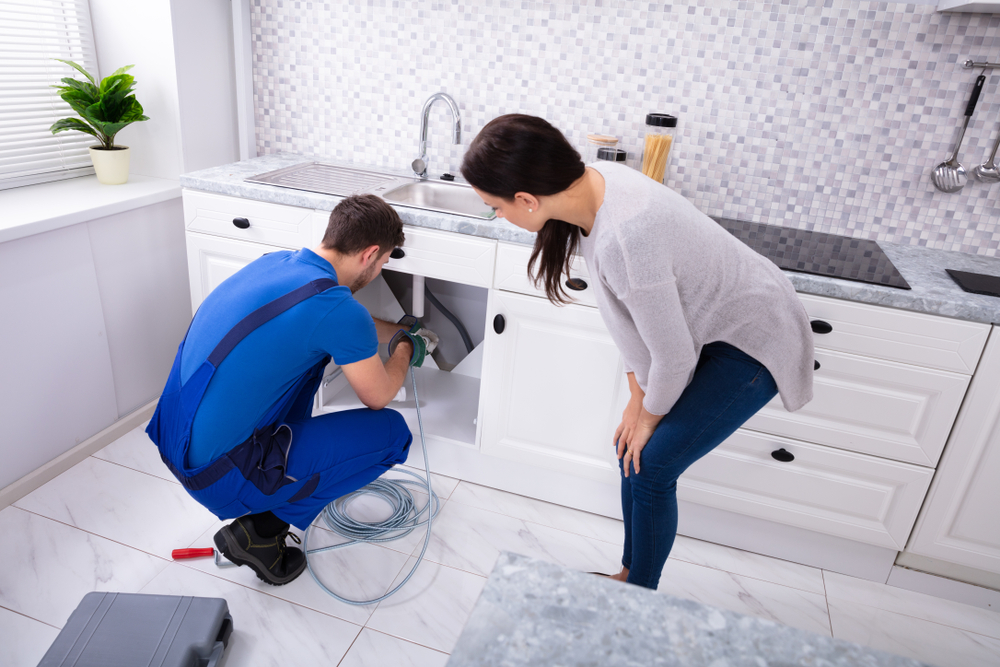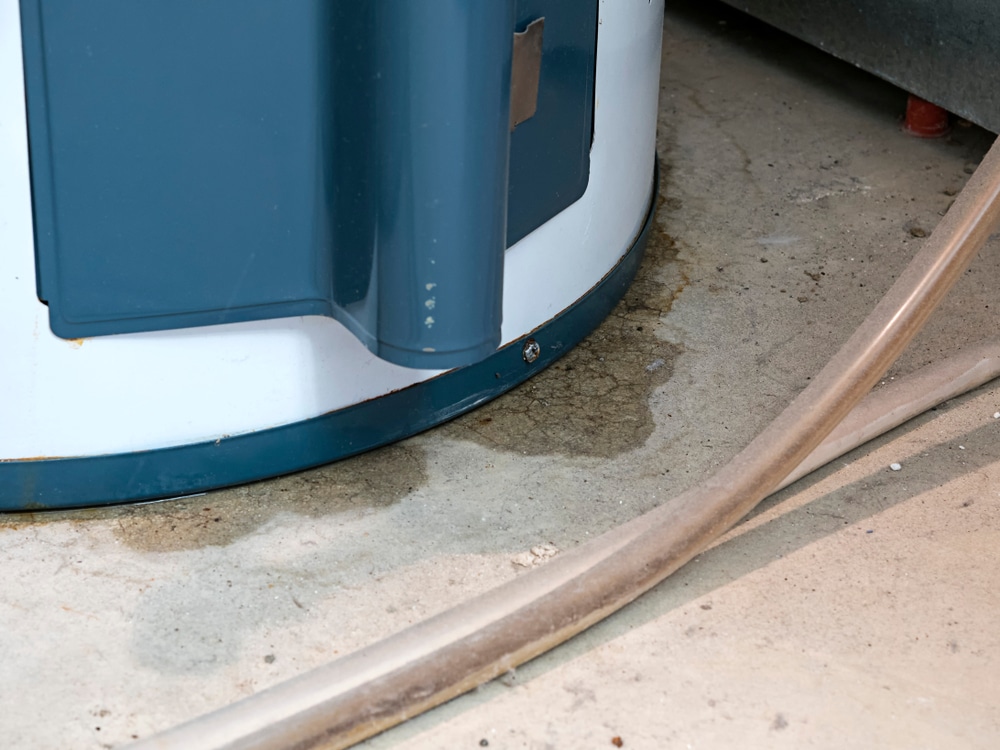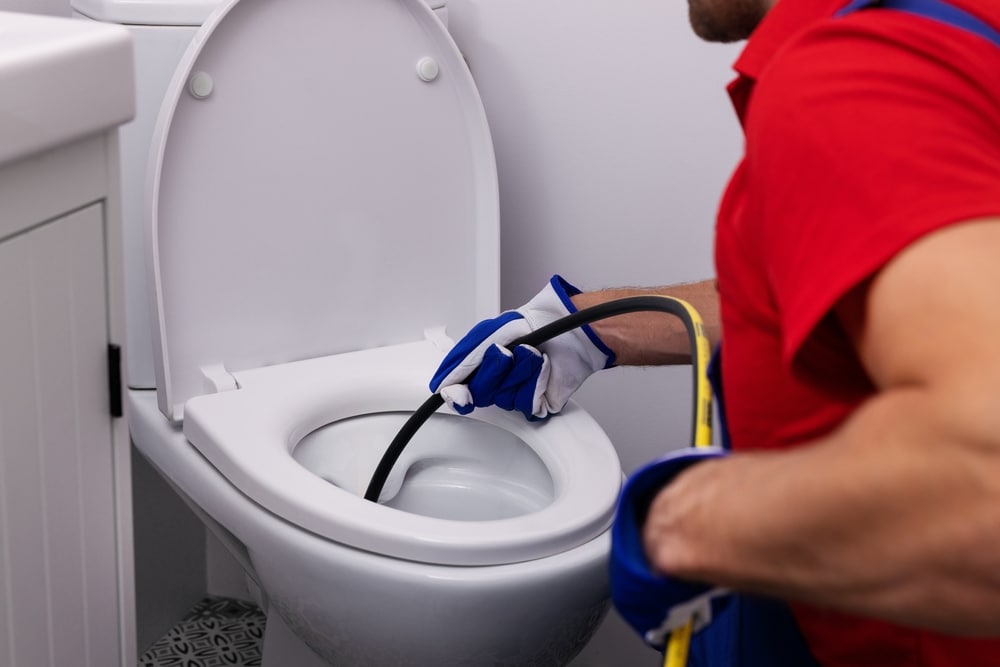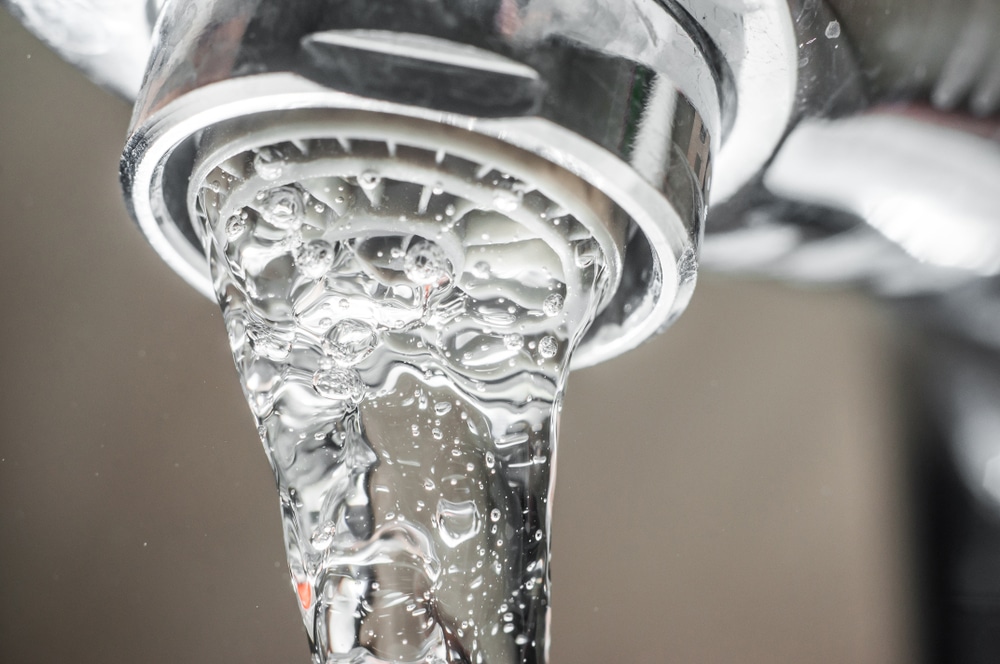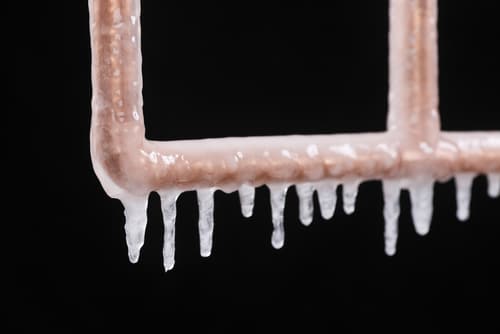Plumbing emergencies can strike any moment, turning a peaceful day into a stressful one. Burst pipes, overflowing toilets, and severe leaks are just a few issues requiring immediate attention. These problems can cause significant damage to your home and disrupt your daily life. Understanding the importance of emergency plumbing services can help you prepare for these unexpected events and minimize their impact.
This article will explore what constitutes a plumbing emergency, examine common emergency plumbing issues and their consequences, and outline immediate steps to take during one. Additionally, we’ll discuss the long-term benefits of having access to professional emergency plumbing services.
What Constitutes a Plumbing Emergency?
A plumbing emergency is any sudden issue that requires immediate attention to prevent severe damage or health risks. Not all plumbing problems qualify as emergencies, so it’s crucial to recognize situations that truly need urgent attention. Some common characteristics of plumbing emergencies include:
1. Severe Leaks or Burst Pipes: A pipe burst or a severe leak can cause significant water damage to your home. Immediate action is needed to prevent extensive property damage and potential mold growth.
2. Overflowing Toilets: An overflowing toilet can lead to unsanitary conditions and water damage. This issue often requires immediate intervention to stop the overflow and fix the underlying problem.
3. No Hot Water: A sudden loss of hot water, especially during the winter, can be considered an emergency. It can affect cleanliness and comfort, making prompt repairs necessary.
4. Gas Leaks: Although not strictly a plumbing issue, gas leaks are handled by plumbers and constitute a dangerous emergency. If you smell gas, evacuating and calling emergency services immediately is imperative.
Knowing what constitutes a plumbing emergency helps you act quickly and appropriately when such situations arise, protecting your home and health.
Common Emergency Plumbing Issues and Their Consequences
Emergency plumbing issues can cause various problems, from minor inconveniences to severe damage. Here are some common emergency plumbing issues and their potential consequences:
1. Burst Pipes: When a pipe bursts, it can release large amounts of water in a short time. This can cause flooding and damage walls, floors, and personal property. In cold climates, frozen pipes are a common cause of bursts.
2. Sewer Backups: A sewer backup occurs when wastewater backs into your home through drains. This can lead to significant property damage and create health hazards due to exposure to harmful bacteria and pathogens.
3. Broken Water Heaters: A malfunctioning water heater can leave you without hot water. In addition to discomfort, broken water heaters can lead to leaks or even water damage if not addressed promptly.
4. Clogged Drains: Severe clogs can prevent the proper functioning of plumbing fixtures. In extreme cases, blocked drains can cause water to return to sinks, showers, and toilets, leading to flooding and water damage.
5. Leaking Fixtures: Leaking faucets, toilets, or other plumbing fixtures can waste water and increase utility bills. Over time, persistent leaks can cause mold growth and structural damage to your home.
Understanding the consequences of these common emergency plumbing issues underscores the importance of having access to professional emergency services. Quick intervention can mitigate damage and restore normal function to your plumbing system, helping you avoid costly repairs and health risks.
Immediate Steps to Take During a Plumbing Emergency
When faced with a plumbing emergency, taking immediate action can help minimize damage and reduce stress. Here are some critical steps to follow:
1. Shut Off the Water Supply: The first step in any plumbing emergency is to stop the water flow. Locate the main water shut-off valve in your home and turn it off. If the issue is localized, you can shut off the water supply to that fixture instead.
2. Turn Off the Water Heater: In severe leaks or burst pipes, turning off your water heater can prevent damage to the unit and reduce the risk of overheating. For gas heaters, turn off the gas supply first.
3. Open Faucets and Drains: After shutting off the water, open the faucets and drains to remove the remaining water from the pipes. This helps relieve pressure and reduce the risk of further leaks or bursts.
4. Address Minor Leaks: If you’re dealing with a minor leak, use plumbing tape or towels to minimize water damage while waiting for emergency plumbers to arrive. You can also place buckets under leaks to catch dripping water.
5. Stay Safe: Avoid using electrical appliances in the affected area and ensure family members stay away from standing water, especially if electrical outlets are nearby.
6. Contact Emergency Plumbing Services: Once you have taken steps to control the situation, call emergency plumbing services for professional help. Provide detailed information about the problem to help them prepare for the repair.
Following these steps can help you manage a plumbing emergency effectively and minimize damage until professional help arrives.
Long-Term Benefits of Having Access to Emergency Plumbing Services
Access to emergency plumbing services offers numerous long-term benefits beyond immediate fixes. Here are some key advantages:
1. Peace of Mind: Knowing you have reliable emergency plumbing services available reduces stress during unexpected situations. You can rest assured that expert help is just a call away.
2. Damage Prevention: Swift intervention by emergency plumbers can prevent minor issues from escalating into major problems. This helps protect your home from severe water damage, mold growth, and costly repairs.
3. Cost Savings: While emergency service calls may seem expensive, they can save you money in the long run by addressing problems before they worsen. Preventing extensive damage reduces the need for costly repairs and replacements.
4. Maintained Property Value: Keeping your plumbing system in good condition through timely repairs helps maintain your home’s value. Prospective buyers will likely appreciate a well-maintained property with a reliable plumbing system.
5. Safety: Emergency plumbers are trained to safely and effectively handle hazardous situations, such as gas leaks and sewage backups. Their expertise ensures these issues are resolved without risking your health or safety.
6. Expert Advice: Emergency plumbers can provide valuable advice on maintaining your plumbing system and preventing future issues. They can recommend ways to improve efficiency, reduce water usage, and extend the lifespan of your plumbing fixtures.
Access to emergency plumbing services ensures your home remains safe, functional, and comfortable, even during unplanned plumbing crises.
Conclusion
Having a clear understanding of the importance of emergency plumbing services can significantly impact how you handle sudden plumbing issues. From recognizing what constitutes a plumbing emergency to knowing the steps to take during such events, being prepared can save your home from severe damage and costly repairs. Common plumbing emergencies can disrupt daily life and lead to health hazards, making swift and effective action crucial.
The long-term benefits of having access to emergency plumbing services cannot be overstated. They provide peace of mind, prevent extensive damage, save costs, maintain property value, ensure safety, and offer expert guidance. By taking proactive measures and understanding the role of emergency plumbing services, you can protect your home and family from the adverse effects of unexpected plumbing problems.
If you ever face a plumbing emergency and need immediate assistance, don’t hesitate to contact Jade’s Heating and Plumbing LLC. Our team of professionals is ready to provide the emergency plumbing services needed to keep your home safe and efficient.


